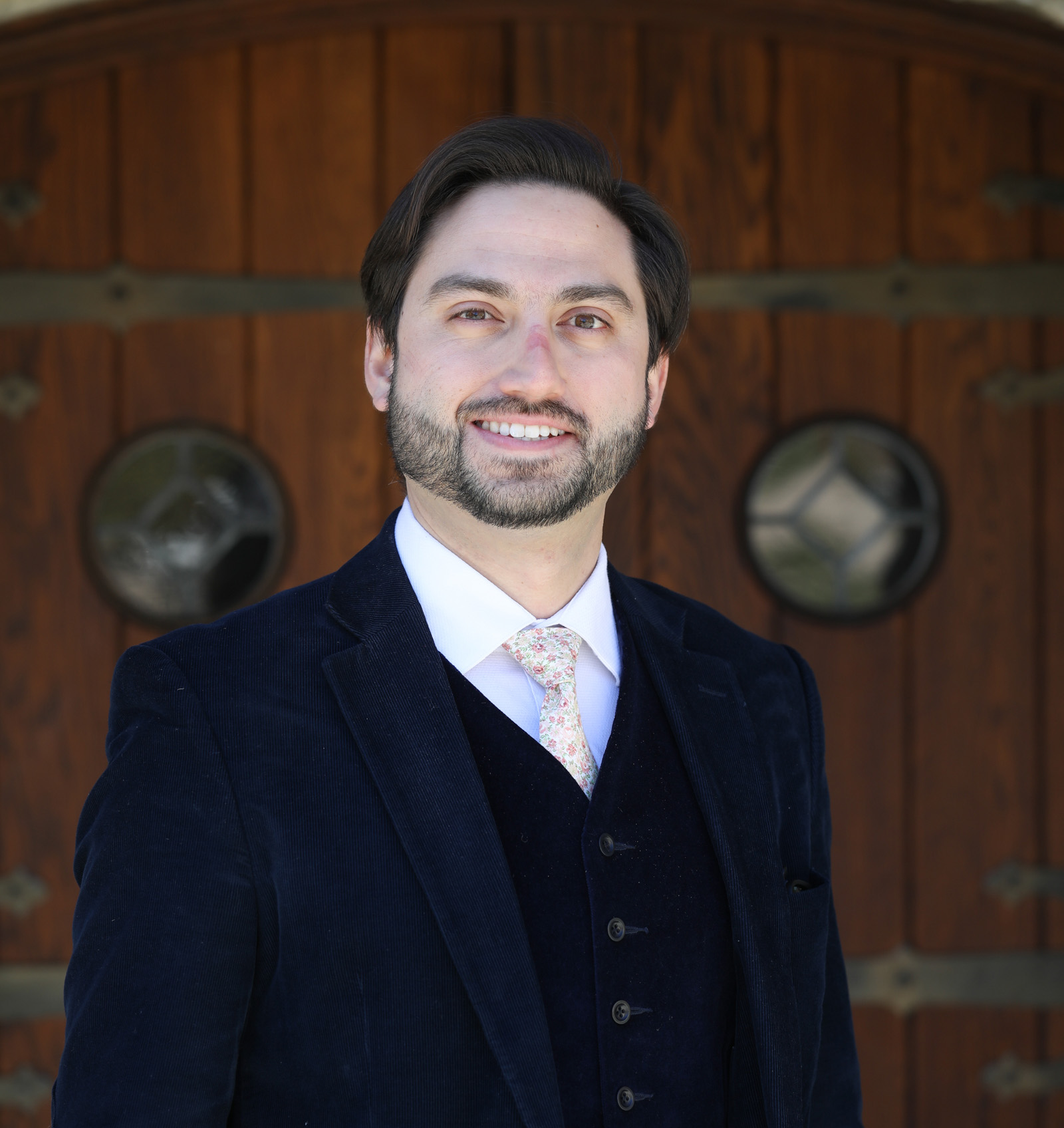Juan Suarez Ontaneda

Academic Departments
Education
Ph.D. University of Illinois Urbana-Champaign
M.A. University of Illinois Urbana-Champaign
B.A. Saint Anselm College
Areas of Focus
Afro-Latin American and Caribbean Literatures and Cultures, Performance Studies, Theater Studies, Critical Race Theory, Music and Sound Studies, Popular Culture and Folklore, Film in Brazil and the Andes, Fútbol in Latin America, Latinx Studies, Postcolonial Theory, Trauma and Memory Studies.
Biography
Born and raised in Quito, Ecuador my upbringing largely informed my research curiosities at the intersection of culture, political systems, and ideologies. Specifically, my research has analyzed how Latin American states produce discourses about race, and how people respond to those discourses both individually and collectively. The ways we think about culture inform how we think about citizenship and nation.
My current book manuscript Palimpsests of Blackness in Latin America: The Performative Lives of Nascimento, Zapata Olivella, and Santa Cruz examines how Afro-Latin American artists from Brazil, Colombia, and Peru used staged representations (writings, theater, sound recordings, choreographies, film) to challenge racism and discrimination in their respective countries from 1940-2000. By analyzing their staged representations, we see how these artists used their bodies to communicate messages of racial activism and, by doing so, how they created a vocabulary to protest racial injustices beyond the legal framework of the state.
In my second project, I examine the connection between sound systems, visual art, and the racialization of sound regulations in Caribbean Colombia and Northeastern Brazil. My research has been published in Modern Languages Notes, Alambique, Perspectivas Afro, and in different edited volumes.
In 2014 I was the Head of Archival Research for the documentary El panóptico ciego (The Blind Panopticon) directed by Mateo Herrera. This documentary explored the remains of Ecuador’s oldest prison, Centro de rehabilitación social de varones No. 2, in Quito. I am currently working on a digital humanities project to make the contents of the archive accessible to formerly incarcerated communities.
My work in the classroom, as much as my research, is informed by my own theatrical experiences. I have acted in plays in Ecuador, the U.S., Brazil, and Costa Rica, and I like to incorporate tools from the stage into my teaching. These tools help students gain confidence in acquiring a new language, or in understanding challenging theories about literature. By bringing students’ histories, journeys, and experiences to the center of my lesson planning, my classroom functions as a laboratory for democracy and cultural dialogue.